24+ Goals Examples to Download
In the realm of personal growth and professional success, goals stand as guiding stars, illuminating the path to greatness. They inspire, challenge, and motivate us to strive for excellence in every aspect of our lives. Whether it’s pursuing financial prosperity, nurturing meaningful relationships, or carving a fulfilling career, goals act as catalysts for transformation. Join us on this captivating journey as we explore the essence of goals, delve into practical steps for setting them, and unravel the FAQs surrounding these powerful drivers of achievement.
1. Goals in Physical and Occupational Therapy
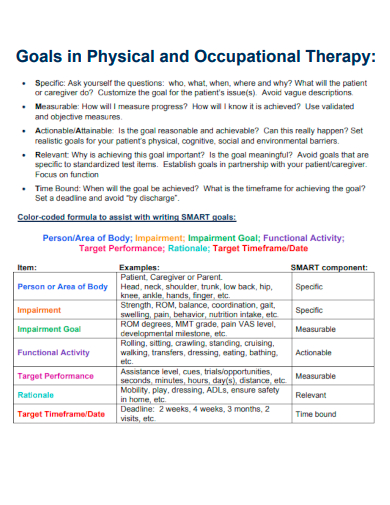
securityhealth.org
2. Setting Goals and Developing
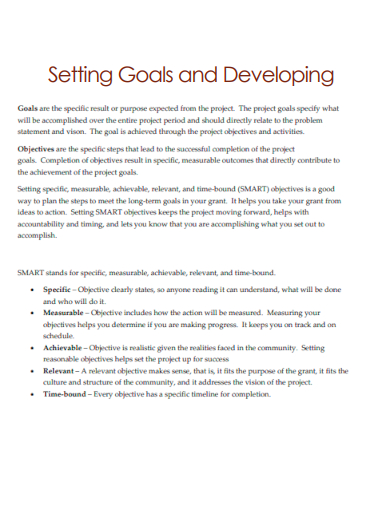
samhsa.gov
3. Goal Based Outcomes
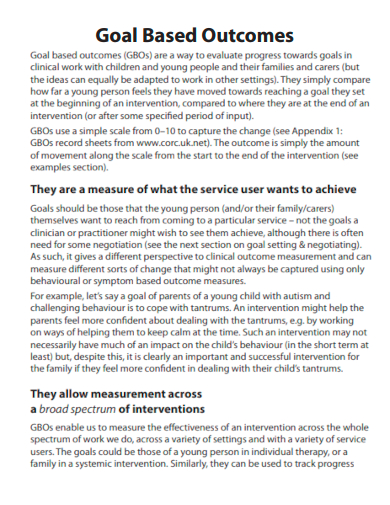
annafreud.org
4. Goals in Person Centered Recovery Planning
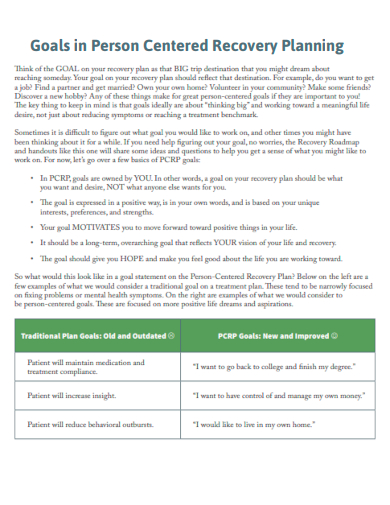
ct.gov
5. Goals Research Summary
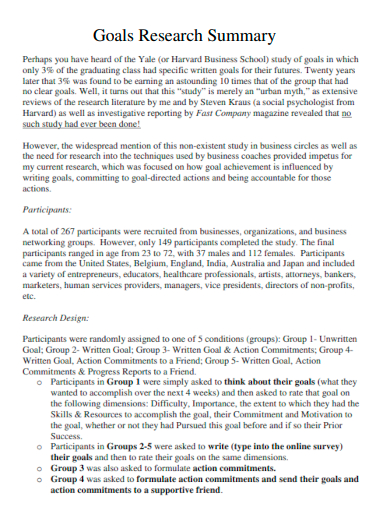
dominican.edu
6. Goals in the Career Development Process
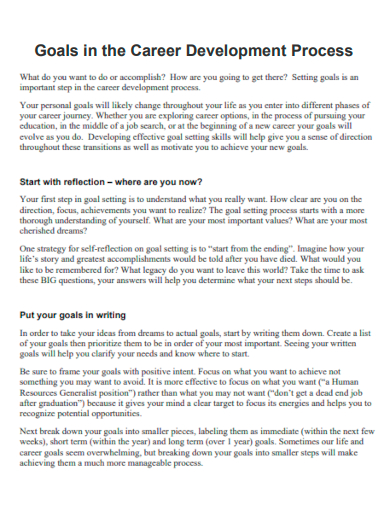
umassglobal.edu
7. Putting Goals into Action
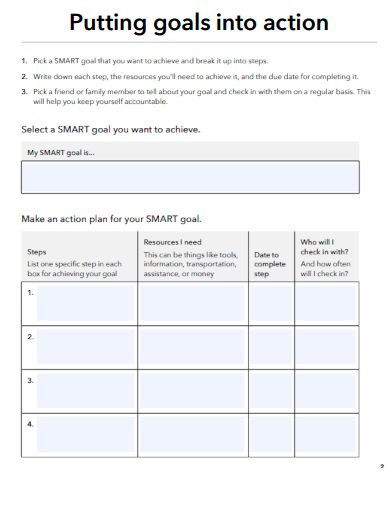
consumerfinance.gov
8. Goal Setting Theory
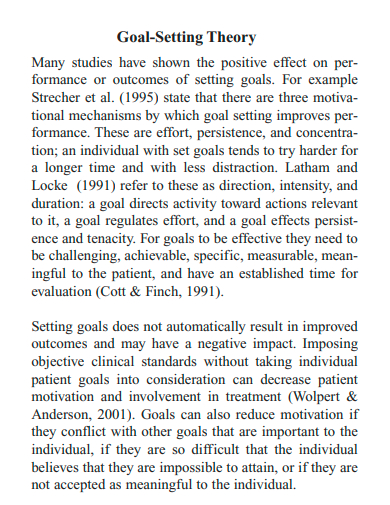
kidney.org
9. Goals in School-Based Practice
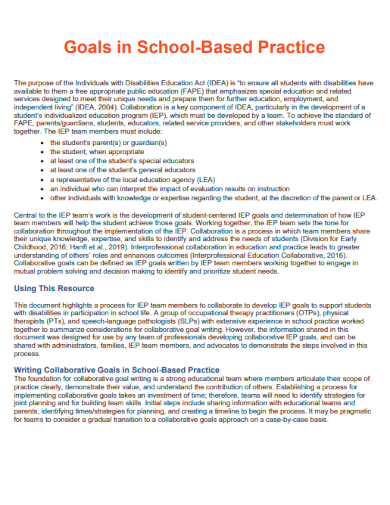
asha.org
10. Goals in Accelerated Reader

fl.us
11. Goals for Graduate School
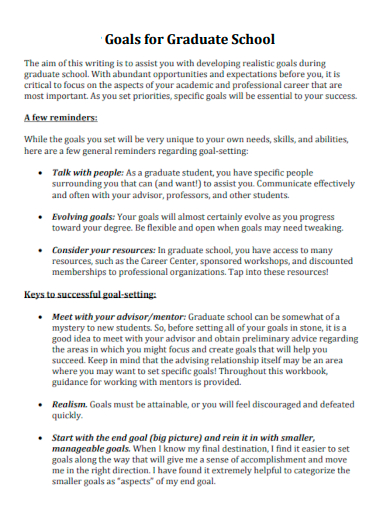
education.uw.edu
12. Patient Safety Goals
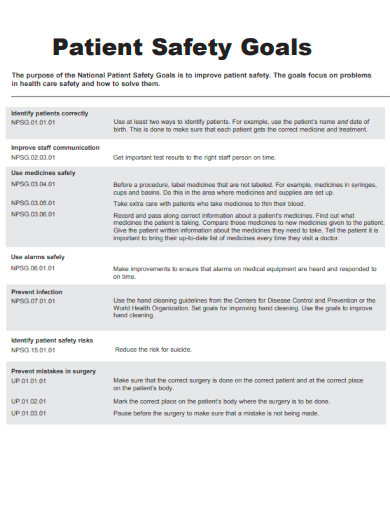
jointcommission.org
13. Goals in Social Information Processing
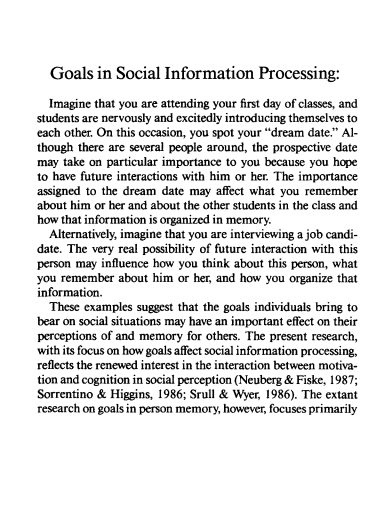
psych.wisc.edu
14. Goals in College
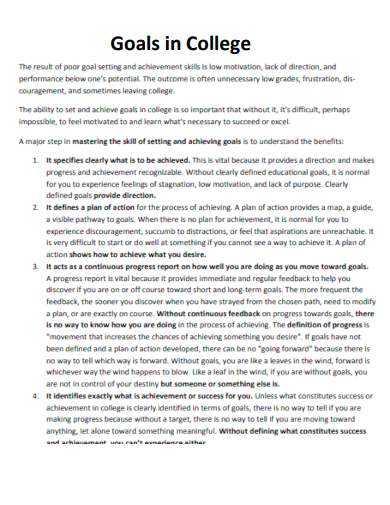
ucf.edu
15. Goals in the Search for Happiness
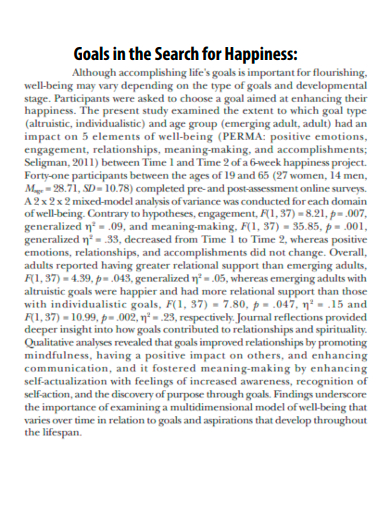
ymaws.com
16. Individual Goals
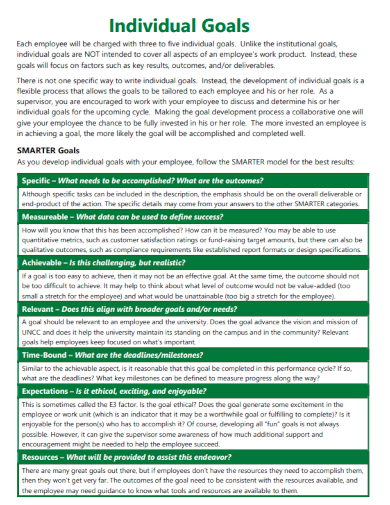
charlotte.edu
17. Goals for Academic Achievement

mn.gov
18. Goals in the Management
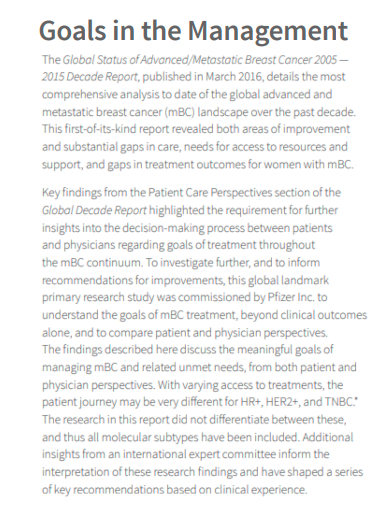
breastcancervision.com
19. High Priority Performance Goals
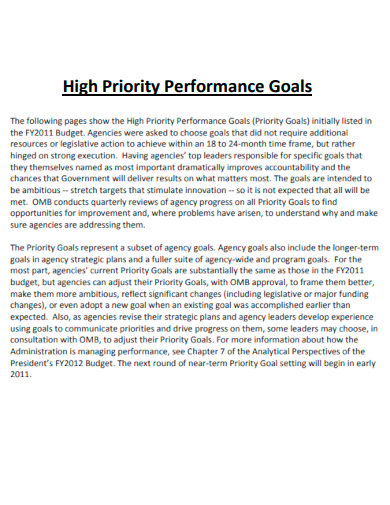
archives.gov
20. Goals In Home Activities and Routines
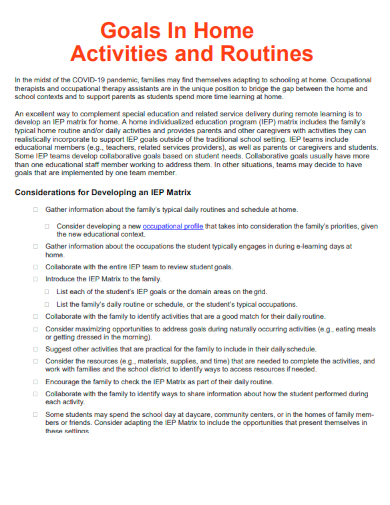
aota.org
21. Non-binding Goals in Teams
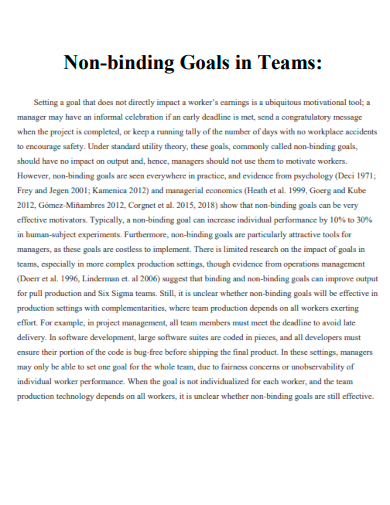
chapman.edu
22. Goals of Teacher Language

responsiveclassroom.org
23. Goals in the Pre-K Classroom
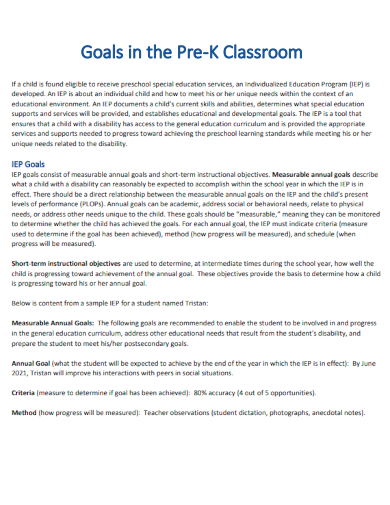
nyced.org
24. Goals for Students in Introductory Statistics
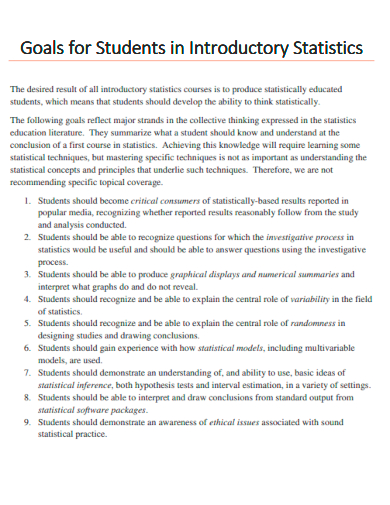
calstate.edu
25. Draft Outline of Major Goals
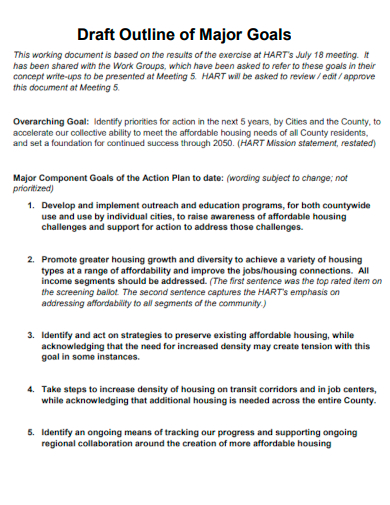
snohomishcountywa.gov
What are Goals?
Goals, in their essence, are the compelling aspirations that propel individuals towards desired outcomes. They serve as the strategic compass that guides our actions, providing a sense of direction and purpose. By clearly defining our goals, we create a roadmap that enables us to channel our energy, skills, and resources towards meaningful endeavors. From long-term ambitions to short-term targets, goals manifest in various forms, such as financial goals, career goals, learning goals, and relationship goals.
How to Set Goals
Setting goals is a transformative process that helps us bridge the gap between where we are and where we want to be. Follow this step-by-step guide to embark on a journey of purposeful goal-setting:
Step 1: Reflect on Your Passions and Strengths
Begin by identifying your passions, strengths, and areas of expertise. Understanding yourself better will provide a solid foundation for setting meaningful goals aligned with your values and capabilities.
Step 2: Define Your Long-Term Goals
Envision your desired future and articulate your long-term goals. These aspirations serve as beacons of inspiration, offering a clear destination to strive for in your personal and professional life.
Step 3: Break It Down
Divide your long-term goals into smaller, manageable milestones. By breaking them down, you create a series of achievable objectives that pave the way for progress and build momentum along the journey.
Step 4: Make SMART Goals
Ensure your goals are Specific, Measurable, Attainable, Relevant, and Time-bound (SMART). This framework enhances clarity, accountability, and feasibility, making your goals more tangible and actionable.
FAQs
What are examples of corporate goals?
Examples of corporate goals encompass a range of objectives geared towards the success and growth of an organization. Examples include increasing market share, improving profitability, enhancing customer satisfaction, and fostering innovation within the company.
How do I set effective marketing goals?
Effective marketing goals should be aligned with your business objectives and specific to your target audience. They may include increasing brand awareness, generating leads, expanding customer base, improving customer engagement, and maximizing marketing ROI.
What are learning goals, and why are they important?
Learning goals are objectives that focus on acquiring new knowledge, skills, or competencies. They help individuals enhance their professional development, adapt to changing circumstances, and stay relevant in their respective fields.
How can I set realistic relationship goals?
Setting realistic relationship goals involves open communication, mutual understanding, and shared aspirations. These goals may encompass building trust, improving communication, fostering intimacy, maintaining work-life balance, and nurturing a supportive partnership.
As we navigate the intricate tapestry of life, goals act as guiding lights that empower us to chase our dreams and conquer new frontiers. By setting meaningful objectives in areas like finance, career, relationships, and personal growth, we unlock our potential and create a roadmap for success. So, dare to dream, embrace your strengths, acknowledge your weaknesses, and embark on a transformative journey guided by your unwavering goals. Remember, the path to greatness begins with a single step toward a purposeful future.


